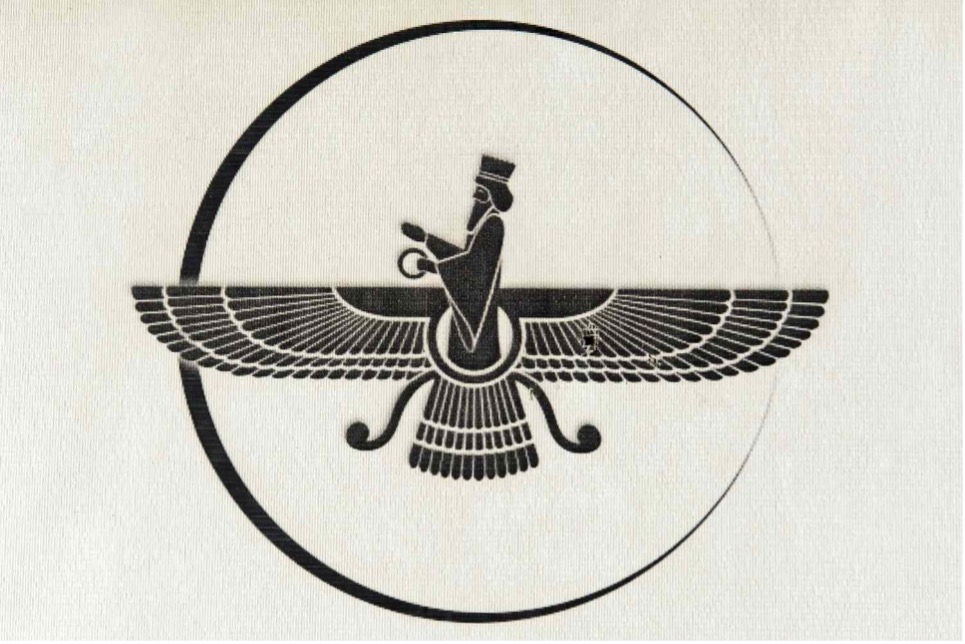
Lesson 1: The Importance of Studies in Comparative Religion
We will learn the importance of studying comparative religion in this lesson, and then we will be introduced to eight major religions of the world.
Lesson 2: Zoroastrianism
Acknowledged as one of the earliest monotheistic faiths, Zoroastrianism was revealed to Prophet Zarathushtra who lived somewhere around the Aral Sea circa 1800 BCE.


Lesson 3: Hinduism
Hinduism is one of the oldest living religions in the world.
Lesson 4: Buddhism
Buddhism is a religion and philosophy founded in India circa 525 BCE by Siddhartha Gautama, called the Buddha (which means the ‘awakened one’).


Lesson 5: Judaism
Judaism comprises the religious beliefs and practices and the way of life of the Jews. Judaism also encompasses many different things for different people—some might identify themselves as Jewish ethnically or culturally, without practicing the religion.
Lesson 6: Christianity
Christianity is a monotheistic religion centered on the life and teachings of Jesus of Nazareth as recounted in the New Testament.


Lesson 7: Islam
Islam, which in Arabic language means ‘submission to God’, is a religion founded by Prophet Muhammad.
Lesson 8: Sikhism
Guru Nanak (1469-1539 CE.) was the first of Sikhism’s ten Gurus, a lineage of holy teachers that continued until the end of the seventeenth century.


Lesson 9: Baha’i Faith
The Bahá’í faith is the youngest of the world’s major religions. It was foretold by The Bab, Himself a Messenger of God, in 1844 in what is present-day Iran.




